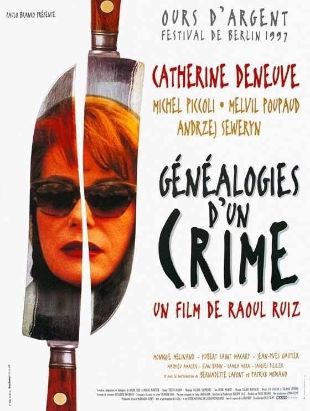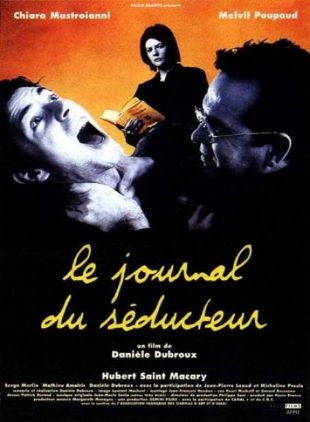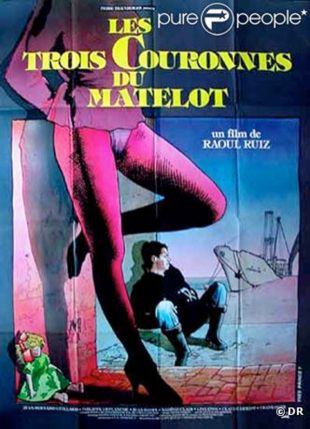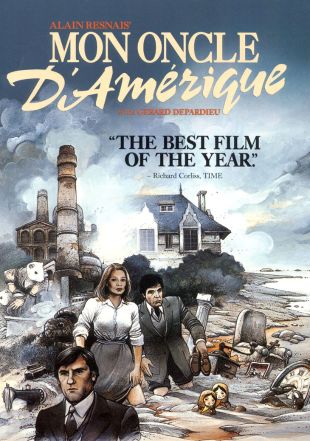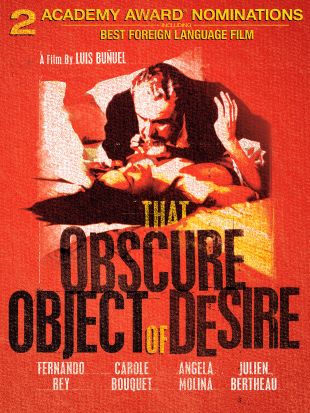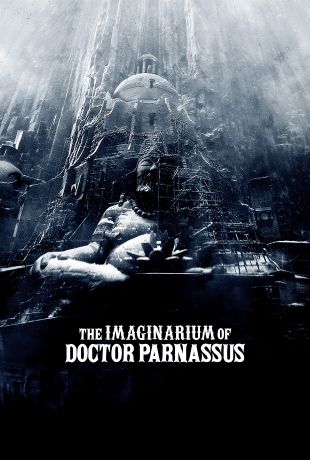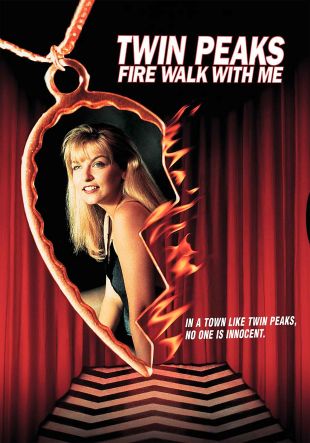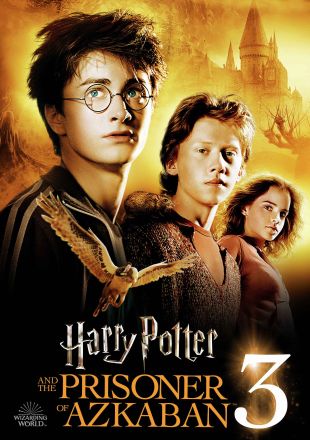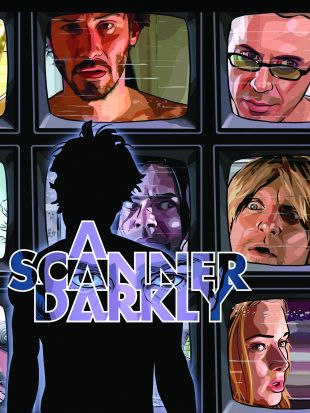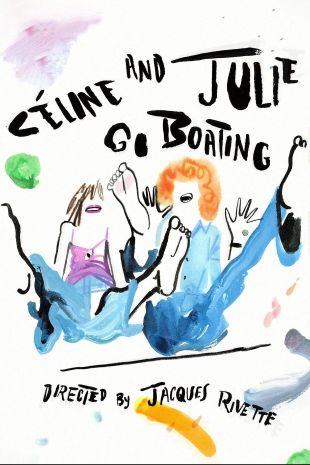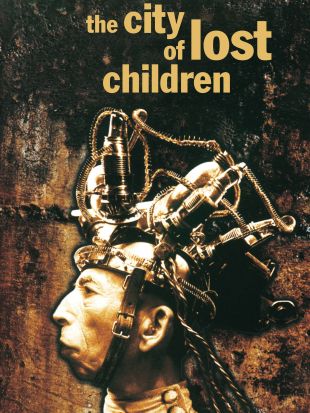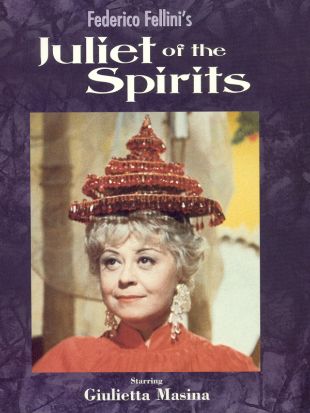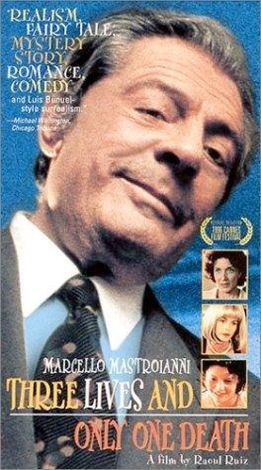
Three Lives and Only One Death (1996)
Directed by Raoul Ruiz
Genres - Comedy, Crime |
Sub-Genres - Comedy of Manners |
Release Date - Oct 11, 1996 (USA - Limited) |
Run Time - 124 min. |
Countries - France, Portugal |
MPAA Rating - NR
Share on
Synopsis by Sandra Brennan
Marcello Mastroianni plays several different roles in this off-beat, witty exploration of a man with multiple personalities from world-class filmmaker Raúl Ruiz. Mastroianni first appears as Parisian traveling salesman Mateo Strano who suddenly shows up at the home of Maria, the wife he abandoned twenty years before. She eventually remarried Andre. Mateo begins telling the skeptical Andre that he never really left Marie. Instead he was bewitched by fairies and has been living in the apartment across the street the entire time. He seems so serious, that he is able to lure Andre to the alleged apartment. There Mateo murders him with a hammer and then calmly returns to Maria who seems nonplused by the sudden turn. With pride she shows Mateo their adopted daughter. Mastroianni next appears as Sorbonne professor of negative anthropology Georges Vickers, a grown man who still lives with his cranky mother until he inexplicably leaves to become a vagrant. Living on the streets, he encounters Tania, a streetwalker with a passion for the philosophies of author Carlos Castaneda's Don Juan. The hooker and the tramp stay together until the day that Vickers returns and he leaves. It is soon afterward that he discovers that Tania is really the president of a major corporation. When he learns that she has been jailed for attempting to murder her creepy ex-husband, Vickers uses his clout to save her. The story then jumps to a newlywed couple happily struggling in a humble garret. Their lives change dramatically when a benefactor suddenly appears and provides them with a marvelous country house. They are also given a mute butler (Mastroianni) who answers their every beck and call. It doesn't take the couple long to figure out that the sinister valet (who actually owns the chateau) is quietly poisoning them. In terror they leave, but later he finds them and demands that they give him their baby daughter. He gives the child to Maria, Mateo's wife. Mastroianni's fourth persona, that of industrial magnate Luc Alamand then appears. He is in trouble when he learns that the wife, daughter, and sister he manufactured to impress potential clients are actually coming. The stress causes the sudden emergence of his other disparate personalities. Interestingly, though each live wildly different lives, they are clearly the same mild-mannered, self-effacing character. The comedy in the story works on wildly different levels with sight gags and puns running simultaneously with literary and cultural satire. Beneath it all runs a serious message about the destructiveness and confusion caused by trying to create a single European culture.
Characteristics
Themes
Keywords
ex-husband, multiple-personality, murder, newlywed, traveling-salesman, daughter, prostitute/prostitution, anthropology
